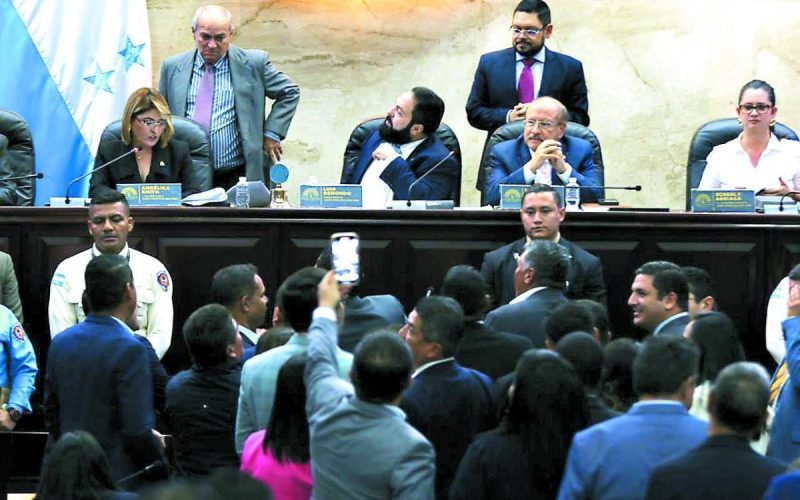Eduardo Facussé, head of the Cortés Chamber of Commerce and Industry (CCIC), has expressed disapproval of the Tax Justice Law proposed by the LIBRE Party administration in Honduras. He argues that this legislation is driven more by political and ideological factors rather than by technical or economic considerations. Facussé cautions that the law might not enhance the country’s economy. Instead, it could deter investment, hinder job growth, and raise living expenses for the most disadvantaged groups. He shared these insights during an economic forum in San Pedro Sula, the nation’s leading industrial hub.
Economic impact and criticism of the Tax Justice Law
The Fiscal Equity Law has been challenged by business groups who feel its enforcement could harm the Honduran economy. Eduardo Facussé claims that removing investment incentives and raising taxes on productive areas might deter capital inflow and delay key projects that aid the country’s economic progress. This viewpoint indicates that increased tax demands could result in reduced economic activity, impacting job generation and the overall welfare of the people. The critique highlights that the law is not aimed at fostering economic expansion but rather caters to political agendas that overlook practical effects on the national economy.
Alerts regarding the societal implications of this regulation also emphasize a potential rise in company shutdowns and a decrease in formal employment, potentially resulting in heightened migration and widespread dissatisfaction. These worries represent a skeptical perspective on the legislation’s potential effects on Honduras’s social and economic stability, underlining the necessity for public policies that encourage investment and sustainable growth instead of measures that could limit economic activities and harm the most vulnerable groups.
Perspectives on financial administration and the nation’s outlook
The discussion about the Tax Justice Law highlights conflicts among various groups regarding the path that economic policy ought to follow in Honduras. Facussé contends that the existing LIBRE Party government recognizes that the law will not enhance economic conditions, yet it continues to endorse it for ideological motives. Hence, it is crucial to have a national strategy that focuses on promoting economic growth through encouraging investments and generating employment, instead of adopting actions that might be seen as limiting or punishing for businesses.
This role emphasizes the necessity of crafting economic policies that take into account both technological and communal factors, aiming for a harmony that permits inclusive and lasting growth in the economy. The conversation surrounding the Tax Justice Law points out the requirement for discourse among various economic and political players to achieve a consensus that supports the overall wellbeing and steadiness of the nation.
